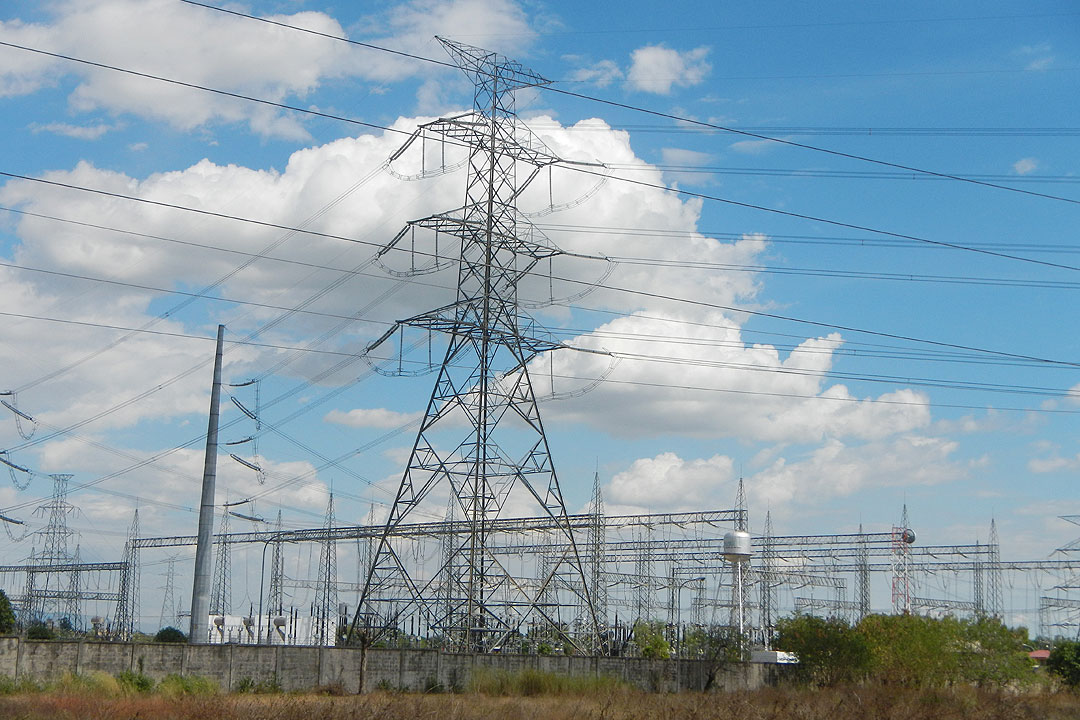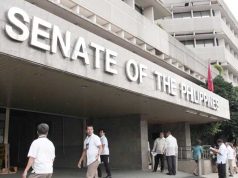Philippine Congress told to bar foreign ownership in power transmission

By Beatriz Marie D. Cruz
THE PHILIPPINE Energy department wants Congress to bar foreigners from owning capital in electricity transmission companies under proposed changes to the Electric Power Industry Reform Act.
A company controlled by a foreign government or state-owned enterprise should be prohibited from owning a stake in transmission operations, Dexter John C. Suyat, officer-in-charge of the agency’s policy legal service division, told a House energy committee hearing on Tuesday.
This is in keeping with the Public Service Act, which considers electricity transmission as a public utility that should be exclusive to Filipinos, he added.
“We need to have control on our transmission [operations],” Energy Undersecretary Sharon S. Garin told reporters after the hearing.
If enacted, any foreign entities that own capital in the local energy transmission sector will be given 10 years to divest.
Senators have cited the need for the National Grid Corp. of the Philippines (NGCP) to be fully owned by the government after a series of blackouts on May 8.
Senator Joseph Victor G. Ejercito said the NGCP is 40% owned by the State Grid Corp. of China, which presents a national security risk.
Senator Ana Theresia “Risa” N. Hontiveros said Chinese state-owned enterprises with corporations in other countries are mandated under their laws to “collect information or intelligence for their government.”
The Department of Energy (DoE) wants Congress to ensure that a distribution utility supply “reasonably priced electricity to its captive market, instead of imposing the least cost under the current law,” according to a draft of the substitute bill.
Opposition congressmen have filed a bill that seeks to ban cross-ownership of generation companies and distribution utilities in the power sector.
“Cross ownership of power plants by distribution utilities ensure they get huge profits with simultaneous shutdowns,” Deputy Minority Leader and Party-list Rep. France L. Castro, one of the bill’s authors, said in a statement.
Party-list Rep. Sergio C. Dagooc said the bill should clarify taxes imposed on consumers’ electricity bills, including system loss and lifeline rates.
Systems loss refers to the difference between the energy delivered to the distribution system and what is delivered to end-users. The lifeline rate is the subsidized rate given to low-income customers who can’t pay their power bills at full cost.
“It affects the cost of electricity and has a domino effect on our production cost and services so it must be clear that these are not taxed,” Mr. Dagooc told the House committee.
Ms. Garin told reporters the Energy department would study Mr. Dagooc’s suggestion given its effect on tax collections.
Congressmen ordered a technical working group to fine-tune the bill.
Philippine lawmakers on Monday sought an investigation of recent blackouts on the main island of Luzon, saying these had caused inconvenience to communities and losses to businesses.
Senator Sherwin T. Gatchalian said the NGCP as the operator of the country’s transmission system should be held to account for the power failures.
The island experienced rotational blackouts on May 8 after the Luzon Grid was placed under red and yellow alerts by the NGCP due to the tripping of the Bolo-Masinloc 230-kilovolt (kV) Line 2.
The alerts also affected the transfer of generated supply from the Luzon Grid to the Visayas Grid. On May 9, Manila Electric Co. also reported power supply cuts due to a “temporary system imbalance.”
Ms. Hontiveros said they were studying how the government could best regain 100% ownership of the NGCP.
Albay Rep. Jose Ma. Clemente S. Salceda asked the Energy Regulatory Commission to conduct a performance audit of the NGCP by August and questioned the 3% gross tax rate on the operator given its “extreme profitability and laxity of performance.”



